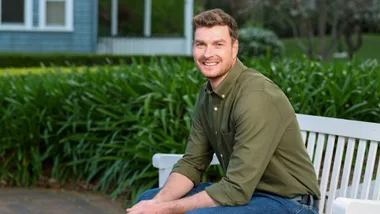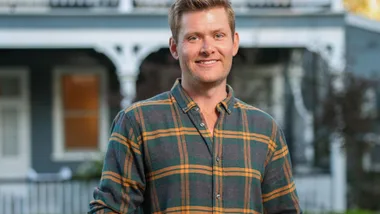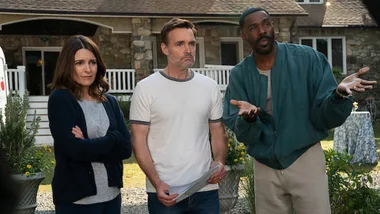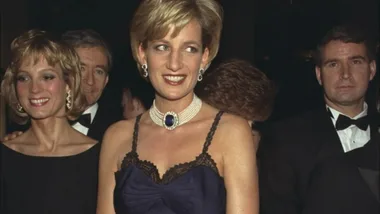Nina Nesbitt is wiping tears from her eyes on stage at the Metro Theatre in Sydney. It’s the Scottish singer’s first-ever show in Australia and she’s feeling emotional. Blame the jet lag – or the overwhelming experience of having a packed crowd of people from the other side of the world declaring their love for you.
“This is so cool,” Nesbitt marvels.
“You’re so cool!” someone yells from the crowd.
“I’m really not,” she says, with a laugh.
At 24, Nesbitt knows how to work a room. Wearing a sparkly mini skirt, neon jumper and her pink hair in two braids, she has the crowd in the palm of her hand; directing them like her own personal choir. They sing the melody to her haunting track ‘Things I Say When You’re Asleep’ and enthusiastically dance along to the female-empowerment anthem ‘Psychopath.’
They know all the words to all the songs from her new album The Sun Will Come Up, The Seasons Will Change, which came out in February and had over a million streams in a single day.
It was a life-affirming moment for Nesbitt, who first broke onto the music scene at age 17 after a chance meeting with Ed Sheeran led to her supporting him on his European arena tour (and later dating him).
You’d be forgiven for thinking that was the moment Nesbitt’s career started: in 2011 on stage at London’s infamous Shepherd’s Bush Empire, opening for Sheeran, the biggest British star on the planet at the time.
You could also think her career officially began in 2013 when she released her debut album Peroxide after being signed to Island Records.
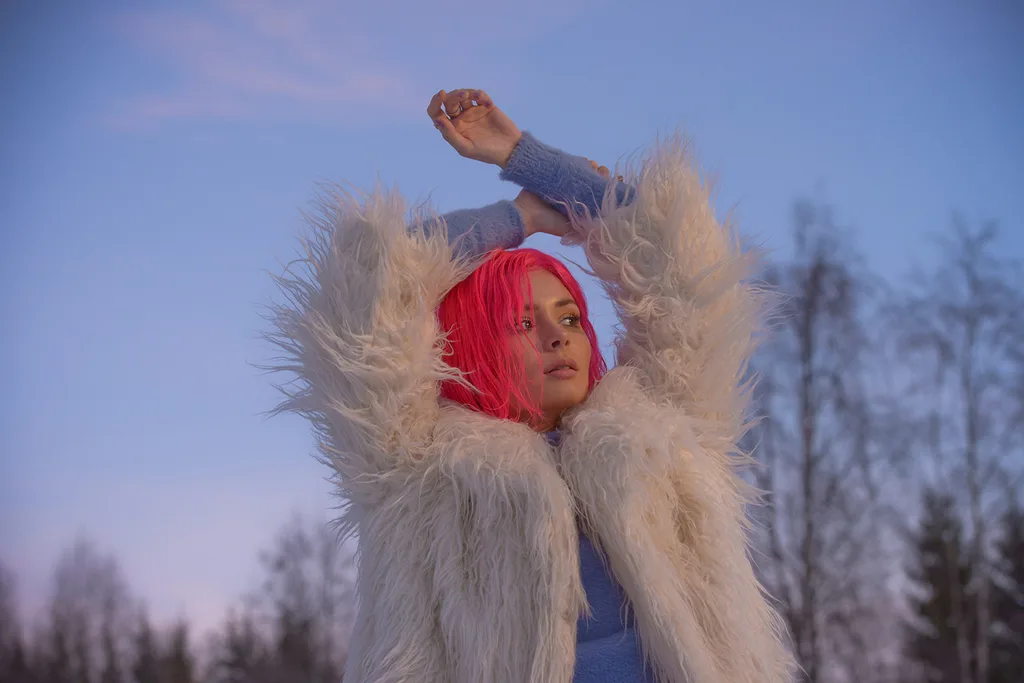
In fact, Nesbitt’s origin story starts in 2009 when she was 15 and listened to Taylor Swift’s album Fearless for the first time. “I heard Fearless by Taylor Swift in music class when I was 15 and I gasped because I’d never heard anything like it. It was just her and a guitar. I grew up in a [Scottish] village with a Swedish mother and all I heard was mainstream pop written by men for girls to dance to. When I heard Fearless, I thought ‘I could do this,’” says Nesbitt, who went out and bought a £20 guitar the next day and taught herself to play Swift’s songs using a guitar website.
In a full circle moment, Swift recently added Nesbitt’s track ‘Last December’ to her Apple Music playlist. “I grew up listening to her, so 15-year-old me would think it’s crazy,” she says, shaking her head in disbelief.
With the career highs, have also come crashing lows. After releasing Peroxide (which reached number 11 on the British charts), Nesbit was shelved by her record label and eventually dropped. “It was awful,” she reveals. “I just kind of sat at home for a bit and it was the fist time I actually experienced being depressed. I was spending every day at some point crying for no reason. It was scary. I didn’t know if I was ever going to get out of it because it felt like that situation was forever.”
Spoiler alert: the situation was not forever and she did get out of it. The thing that pulled her out of the darkness was music. Nesbitt set up a studio at home, learnt how to produce music and started making an album in secret. She made her hit-single ‘The Moments I’m Missing’ in her bedroom and debuted it six-months later at a gig in London’s Hyde Park. “The reaction was so amazing that I actually cried on stage. I couldn’t believe it, six months ago I was sitting at home worrying about leaving the house and now I’m putting music out there,” she recalls.
Nesbitt now looks back on being dropped as the best thing that’s happened to her: “I used to think if you experienced failure, you were a failure. But everyone fails, so I’ve learnt to take it in my stride – even though it’s shit when it happens.”
That exact sentiment is captured in the track ‘Empire’ which opens with the lyrics, “I haven’t played a show in way too long. People keep asking me where I have gone. I started fading quick, yeah. When I should’ve been making it, oh.”
“That song is about self-belief and taking back control of my own career. I think for so long, young female artists have been signed to labels controlled by older male execs. When I took control, I thought at least if I fail it’s my responsibility and I will have tried my best,” says Nesbitt.
The Sun Will Come Up, The Seasons Will Change certainly is Nesbitt at her best. As an album it’s catchy and emotional; it makes you want to jump in a pool fully clothed (‘Colder’) and stalk your ex-boyfriend’s new girlfriend on Instagram (‘The Best You Had’).
As a statement, it says: Nina Nesbitt is back, baby. We’re glad.
 Wolf James
Wolf James

